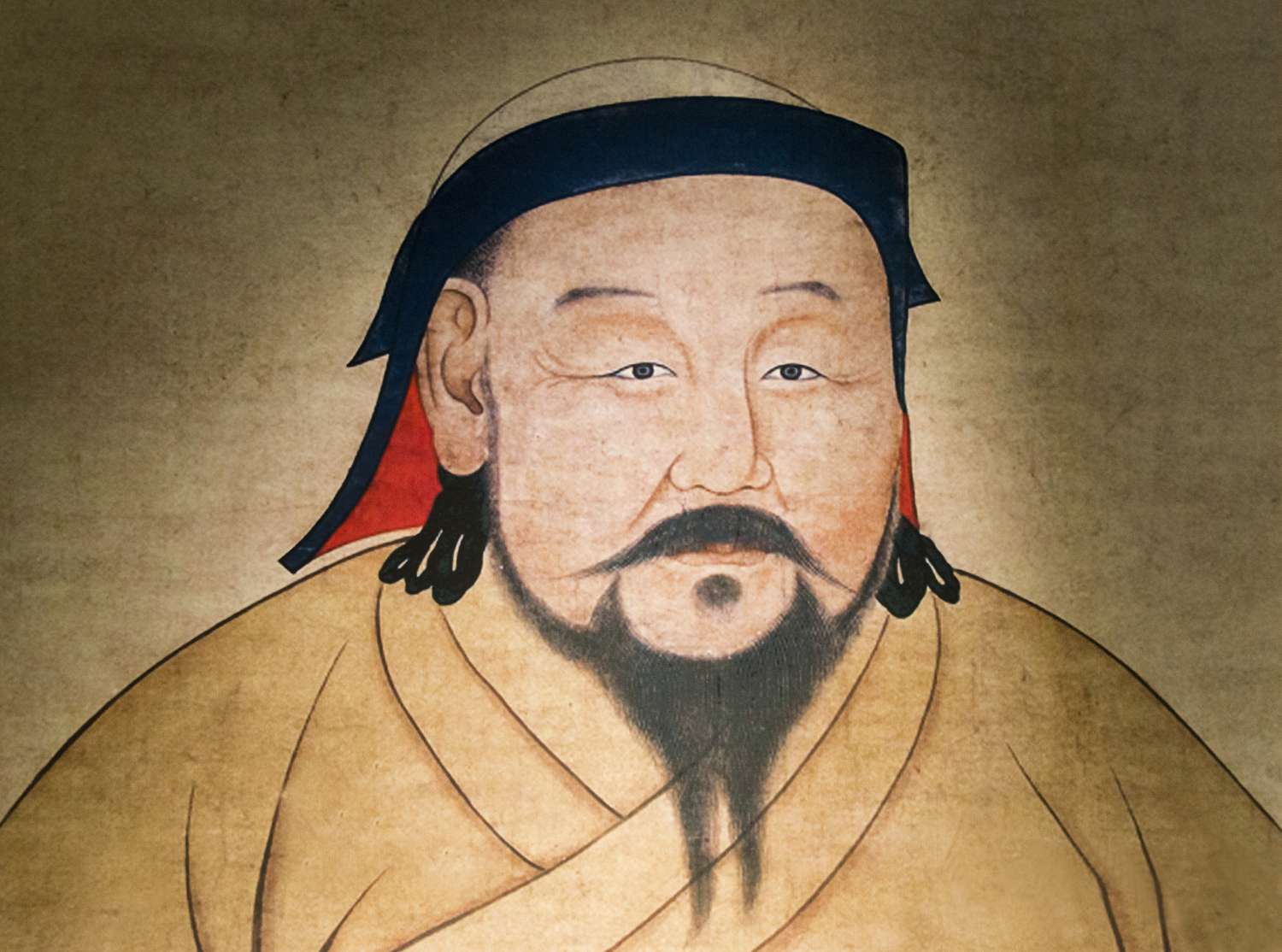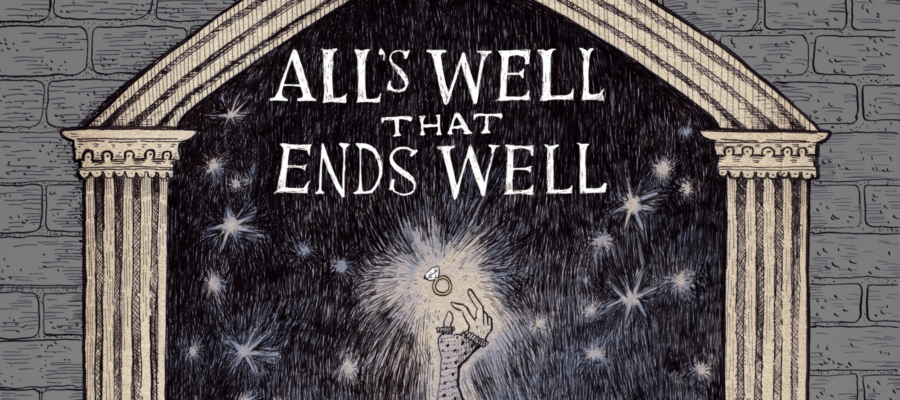Pareeshe Fatima
Kubla Khan, or A Vision in a Dream, is a poem that was written by Samuel Taylor Coleridge in 1797. Notably, the poem is divided into three irregular stanzas, a structure that mirrors the poem’s fluid movement between different times and places. The poem is set against the backdrop of Kublai Khan’s pleasure dome, built alongside a river fed by a powerful fountain. The poem is sometimes given the subtitles “A Vision in a Dream” and “A Fragment.”
The first stanza of the poem paints a picture of Kublai Khan’s pleasure dome, a place of grandeur with fortified walls, lush gardens, and forests. The river Alph, flowing through caves and into a dark sea, establishes the poem’s dreamlike quality. The “ten miles of fertile ground” that the poem describes forms a stark comparison between man’s creative power that disrupts nature and creative power that harmonizes with nature. This stanza is a fantastical description of the origin of Kublai Khan’s capital Xanadu.
The second stanza of the poem describes a mysterious canyon that is not mentioned in the first stanza. The canyon, which is said to be “measureless to man,” is characterized by a “mighty fountain” that erupts from it and throws rocks and boulders into the air. The explosion forms the source of the sacred river Alph, which wanders through the woods and then reaches the caves and dark sea described in the first stanza. Kublai Khan, present for the eruption, hears a prophecy of war. An indented section presents an image of the pleasure dome reflected on the water, surrounded by the sound of the geyser above ground and the river underground. A final un-indented couplet describes the dome again.
The third and final stanza marks a significant shift in the narrative, as the perspective changes to the narrator’s. He recounts a vision of a woman playing a dulcimer and expresses a desire to revive her song to fill the pleasure dome with music. The stanza concludes with a warning to carry out a ritual due to the narrator’s consumption of the food of Paradise. It’s worth noting that this stanza, originally not part of the poem’s plan, was added later and is the only one written in the first person, while the first two stanzas are in the third person.
The poem’s origin story adds to its allure. According to Coleridge’s preface, the poem was composed one night after he experienced an opium-influenced dream. The poem could not be completed according to its original plan as the interruption caused him to forget the lines. The interruption came from “a person on business from Porlock.” This intriguing anecdote sheds light on Coleridge’s creative process and the circumstances that led to the poem’s unique structure. Coleridge left the poem unpublished and kept it for private readings for his friends until 1816, when, at the prompting of Lord Byron, it was published.
Despite being denounced by some of Coleridge’s contemporaries, Kubla Khan is now considered one of his three great poems, along with The Rime of the Ancient Mariner and Christabel. The poem is a famous example of Romanticism in English poetry and is frequently anthologized. The manuscript is a permanent exhibit at the British Library in London.

















